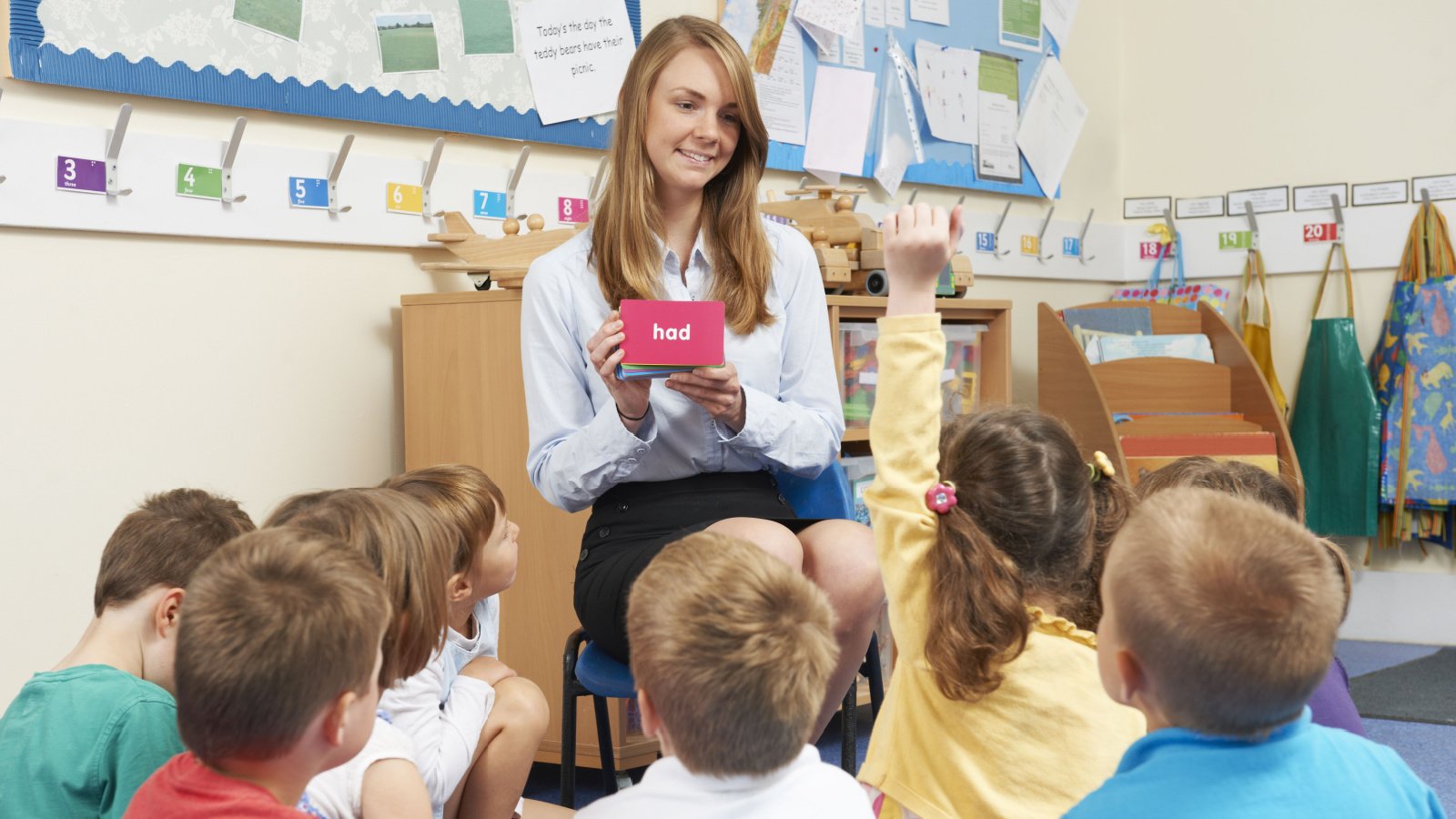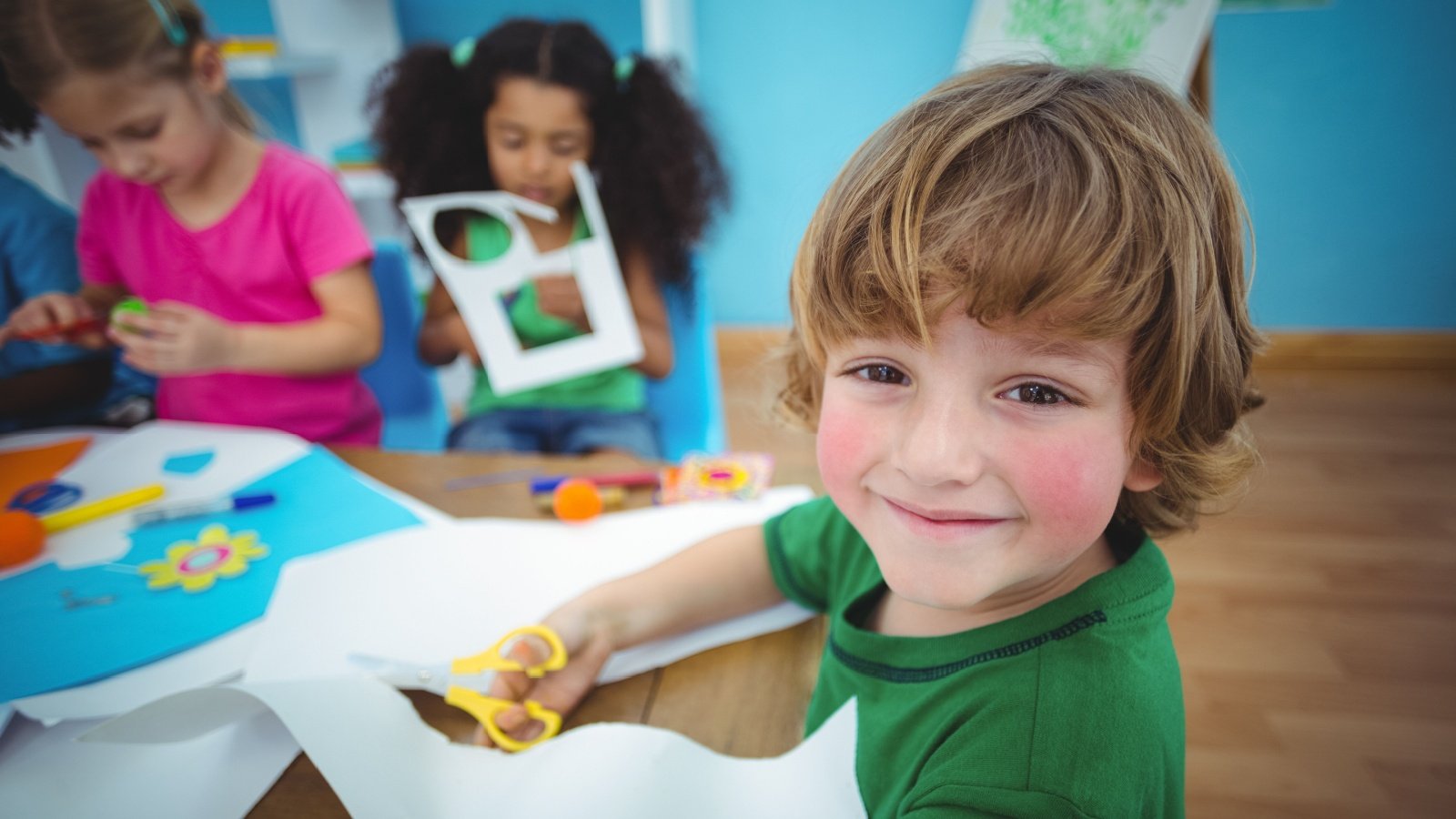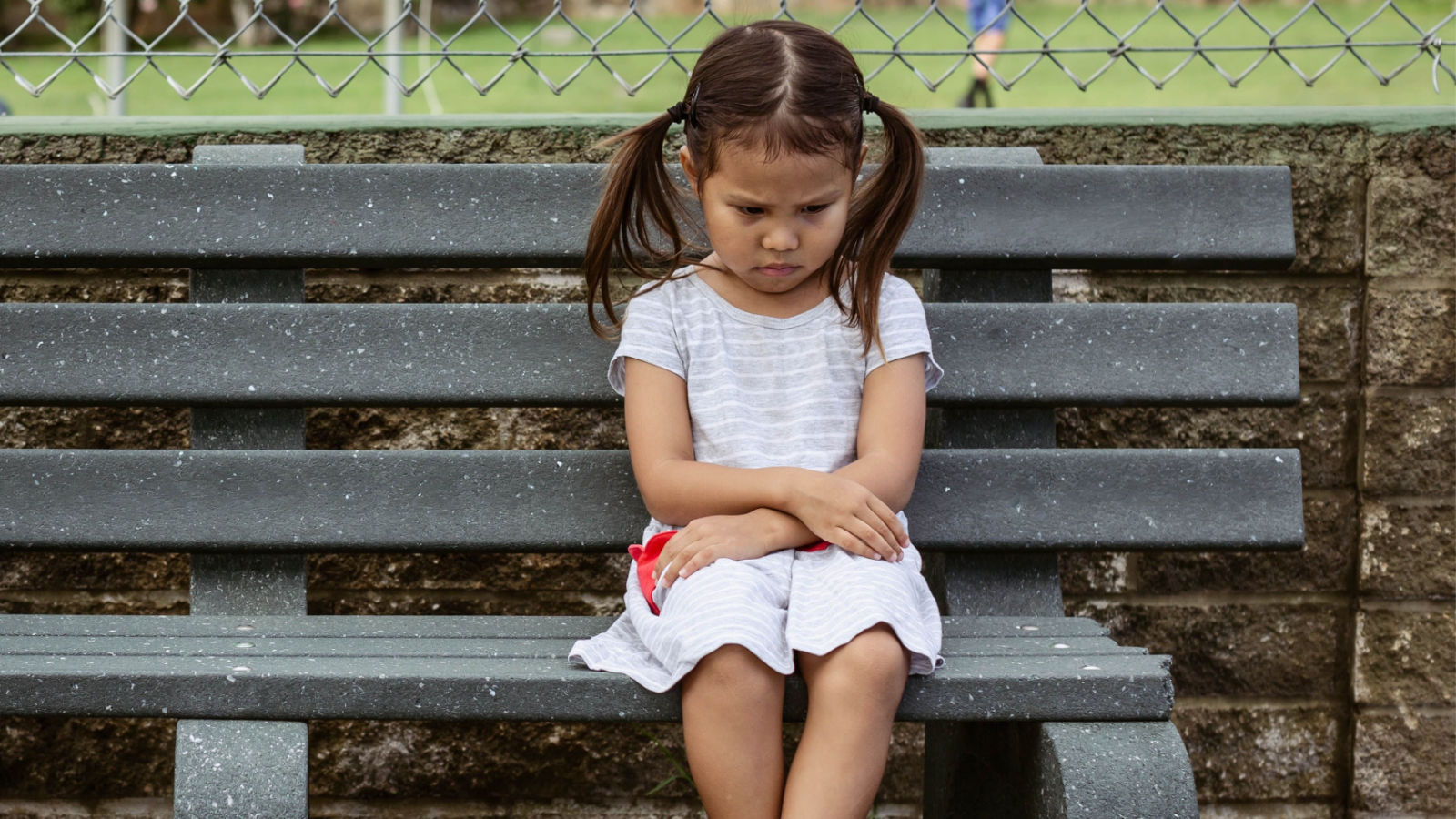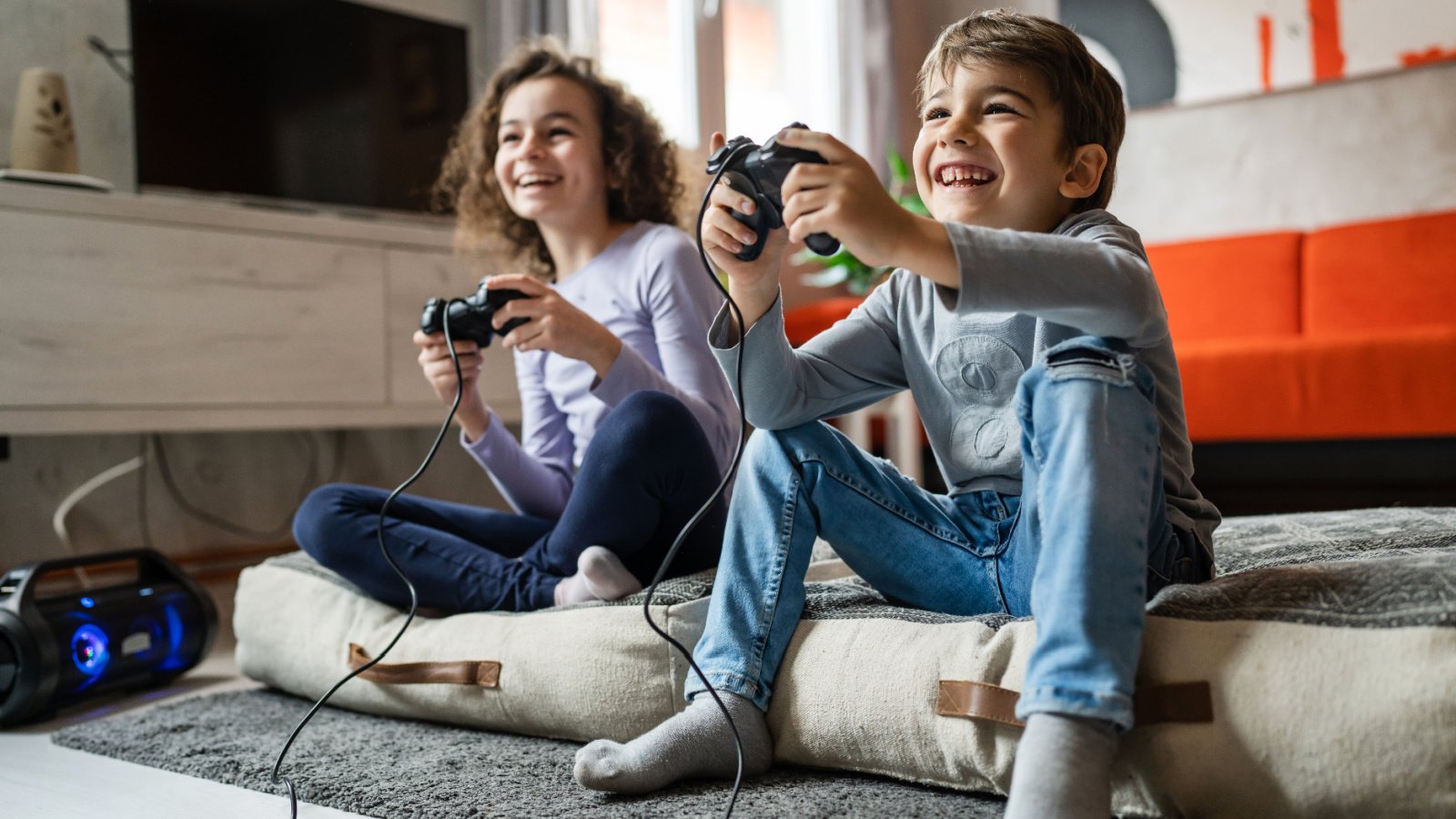Helicopter parenting, characterized by over-involvement and excessive control, can have detrimental effects on children’s development and well-being. From stifling independence to creating anxiety, the unintended consequences of this parenting style are profound. Understanding these impacts is crucial for fostering a more balanced approach to raising children. This article explores 23 ways helicopter parenting can undermine kids’ growth, offering insights into healthier parenting practices.
Over-Scheduling Their Activities

Helicopter parents often cram their children’s schedules with extracurricular activities, leaving little time for free play or relaxation. This constant pressure can lead to burnout and stress, depriving kids of the chance to explore their own interests naturally. Allowing some unstructured time is crucial for healthy development and creativity.
Making All Decisions for Them

When parents make all the decisions for their children, from what they wear to which friends they can have, they hinder their kids’ ability to think independently. This over-control can stifle decision-making skills and self-confidence. Encouraging children to make choices helps them develop critical thinking and responsibility.
Shielding Them from Failure

Helicopter parents often swoop in to prevent their kids from experiencing failure, which is a natural and essential part of learning. Without facing challenges, children miss out on building resilience and problem-solving skills. Allowing kids to fail and learn from their mistakes fosters growth and adaptability.
Doing Their Homework

By doing their children’s homework or heavily assisting, helicopter parents deny them the opportunity to learn and take ownership of their education. This practice can lead to academic dependency and a lack of understanding of the subject matter. Encouraging independent work helps children develop confidence and mastery in their studies.
Micromanaging Social Interactions

Constantly overseeing and controlling their children’s social interactions can prevent kids from developing essential social skills. Learning to navigate friendships and conflicts independently is crucial for emotional intelligence. Giving children space to interact on their own helps them build trust and interpersonal skills.
Imposing Unrealistic Expectations

Setting excessively high expectations for academic or extracurricular success can create undue pressure and anxiety in children. These unrealistic standards can lead to feelings of inadequacy and fear of disappointing their parents. Balancing encouragement with realistic goals is key to fostering a healthy sense of achievement.
Limiting Their Independence

By overprotecting their children and limiting their independence, helicopter parents hinder their ability to learn self-reliance. Simple activities like walking to school or managing small responsibilities help build confidence and autonomy. Allowing children to take age-appropriate risks is essential for their development.
Over-Involvement in School

Parents who are overly involved in their children’s school life, such as constantly communicating with teachers or intervening in every issue, can create dependency. This can prevent children from developing self-advocacy skills and handling conflicts on their own. Trusting kids to navigate their school environment fosters independence and responsibility.
Controlling Their Future Plans

Helicopter parents often try to dictate their children’s future plans, such as their career choices or college decisions. This control can lead to resentment and a lack of motivation, as kids feel their personal goals are invalidated. Supporting children’s aspirations encourages them to pursue their passions and develop a sense of purpose.
Over-Emphasis on Safety

While ensuring safety is important, an excessive focus on protecting children from every possible harm can limit their experiences and growth. Kids need to explore, take risks, and sometimes get hurt to learn about their limits and the world around them. A balanced approach to safety promotes a healthy sense of adventure and resilience.
Monitoring Their Every Move

Constant surveillance of children’s activities, including their online presence, can erode trust and privacy. This invasive behavior can lead to rebelliousness or anxiety about being constantly watched. Teaching responsible behavior and setting clear guidelines is more effective than constant monitoring.
Preventing Them from Solving Problems

Jumping in to solve every problem for their children deprives them of the chance to develop critical problem-solving skills. Kids need to face challenges and find solutions on their own to build confidence and competence. Providing guidance without taking over helps foster independence.
Enforcing Perfectionism

Helicopter parents who demand perfection in every aspect of their children’s lives can create a paralyzing fear of failure. This pressure can lead to chronic stress and a reluctance to try new things. Encouraging effort and learning from mistakes promotes a growth mindset.
Not Allowing Them to Take Risks

Shielding children from all potential risks can prevent them from learning important life skills and building courage. Risk-taking is a vital part of development that helps kids learn to assess and handle dangerous situations. Encouraging calculated risks helps build resilience and confidence.
Managing Their Relationships

Helicopter parents who interfere in their children’s friendships and romantic relationships can prevent them from learning how to navigate these aspects of life independently. It’s important for kids to experience the ups and downs of relationships to develop emotional maturity. Allowing children to manage their own relationships fosters growth and self-awareness.
Over-Planning Their Lives

Planning every detail of their children’s lives, from playdates to future careers, can stifle their ability to make independent decisions and discover their own interests. Children benefit from having the freedom to explore and find their own paths. Encouraging autonomy helps them develop a sense of self and purpose.
Inhibiting Creative Play

Over-scheduling and structured activities can limit opportunities for creative, unstructured play, which is crucial for cognitive and social development. Free play allows children to use their imagination and solve problems independently. Providing time and space for creative play nurtures innovation and critical thinking.
Encouraging Dependency

By constantly stepping in to help with tasks children can manage themselves, helicopter parents encourage dependency. This can hinder the development of self-efficacy and problem-solving skills. Promoting independence through age-appropriate responsibilities helps build competence and confidence.
Projecting Their Own Goals

Parents who project their unfulfilled goals onto their children can create undue pressure and lead to resentment. Children need the freedom to pursue their own interests and dreams to develop a sense of identity and fulfillment. Supporting their individual aspirations fosters self-worth and motivation.
Ignoring Their Emotional Needs

Focusing solely on academic and extracurricular achievements can lead to neglect of children’s emotional well-being. Emotional intelligence is critical for overall success and happiness. Balancing achievements with emotional support and open communication nurtures well-rounded development.
Discouraging Self-Advocacy

When parents constantly speak for their children, it prevents them from learning to advocate for themselves. Self-advocacy is a crucial skill for navigating life’s challenges and asserting one’s needs and rights. Encouraging children to voice their opinions and make decisions strengthens their independence and self-esteem.
Lack of Trust

Helicopter parenting often stems from a lack of trust in children’s abilities to make sound decisions. This mistrust can undermine a child’s confidence and sense of responsibility. Demonstrating trust in their judgment fosters mutual respect and encourages responsible behavior.
Creating Anxiety

The constant pressure and control exerted by helicopter parents can lead to increased anxiety in children. The fear of making mistakes or not meeting expectations can be overwhelming. Promoting a supportive and understanding environment helps reduce anxiety and build emotional resilience.








